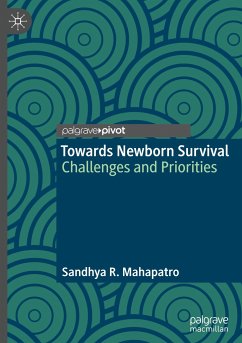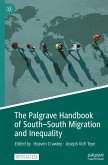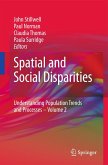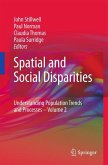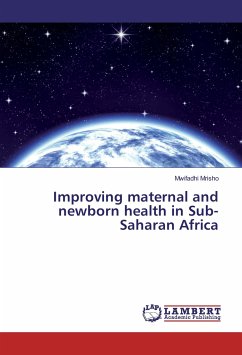This book offers a comprehensive study of the complexities of newborn survival in resource-poor regions, using the state of Bihar (India) as a case study. It provides important lessons for other low-performing countries, in similar socioeconomic contexts, where newborn survival is a major challenge.
The volume opens with a brief account of the trends and regional variations in neonatal mortality. The empirical verification of socio-cultural, economic and health system barriers and the state interventions that affect newborn survival are subsequently explored. Innovative strategies are then proposed to scale up maternal newborn and child health (MNCH) services and improve neonatal health outcomes.
Addressing this issue through appropriate policy action is essential to achieving Sustainable Development Goal-3, "Good Health and Well-being". This book will therefore appeal to public health scholars, professionals and policymakers interested in improving outcomes in low-income regions.
The volume opens with a brief account of the trends and regional variations in neonatal mortality. The empirical verification of socio-cultural, economic and health system barriers and the state interventions that affect newborn survival are subsequently explored. Innovative strategies are then proposed to scale up maternal newborn and child health (MNCH) services and improve neonatal health outcomes.
Addressing this issue through appropriate policy action is essential to achieving Sustainable Development Goal-3, "Good Health and Well-being". This book will therefore appeal to public health scholars, professionals and policymakers interested in improving outcomes in low-income regions.

